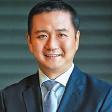Sustainability Advisory Council
The Sustainability Advisory Council of DHL Group is an independent external body of experts from Science, Politics, Economics and other relevant fields. The Sustainability Advisory Council advises the Sustainability Steering Board and other functions within the Group on sustainability-related issues and thus plays a key role in supporting the implementation of the Group-wide Sustainability Approach. The knowledge and experience of the Council members ensures that a comprehensive outside-in perspective is obtained on all sustainability topics and thus further accelerates our endeavors. In this way, we can continuously improve and realize our goal of being the global leader in sustainable logistics.
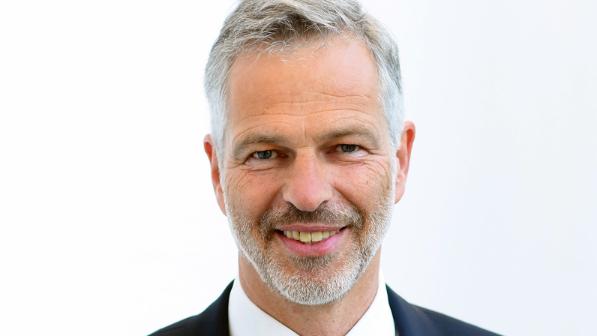
Dr. Ulrich Hagel
Ulrich is a Partner and founding member of HWCL Compliance & Legal, a boutique law firm specialized in Compliance, ESG and Dispute Resolution. Ulrich has more than 25 years of in-house experience of a global market-leader in the railway industry (Bombardier Transportation and Alstom), holding various leadership roles, including Chief Compliance & Security Officer. He has been the Head of the working group “Compliance” of the Association of the German Railway Industry” (VDB), is a member of the German Institute for Compliance (DICO) and it’s working groups “Human Rights” and “Export Control” and he is Academic Director and lecturer of the certification program “Human Rights Officer” at the ESCP Business School. Ulrich has published various articles on Sustainability, ESG, Compliance and Dispute Resolution, including the book “Human Rights Officer”.
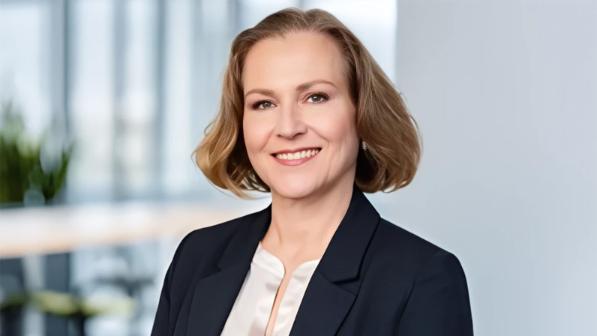
Dr. Nicola Kimm
Nicola serves as a Board member at Climate Arc and Advisory Board member at Boehringer Ingelheim. Previously, she was a Board of Management Member at Heidelberg Materials, overseeing Sustainability, Technology & Partnerships, and R&D, and Executive Vice President at Signify. During her 13 years as Chief Sustainability Officer, she developed leading sustainability programs across materials, electronics, and chemicals sectors. Further, Nicola has served on the boards of EQT and Dunlop footwear and is recognized among Germany’s ‘top 100 most influential women’.
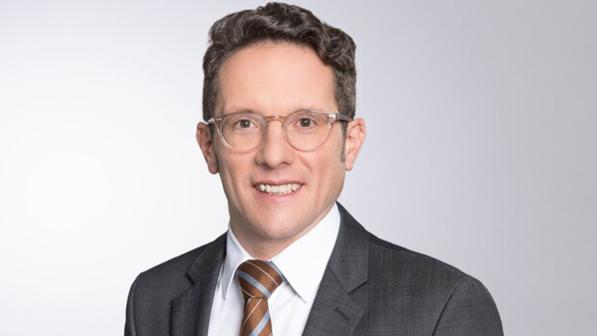
Christoph Berger
Christoph is Chief Investment Officer Europe Equity at Allianz Global Investors (AllianzGI). Previously, he held the roles as Head of the German Equity Team and Head of Insurance Dedicated Equity, along with various other positions in portfolio management. With over 25 years of experience in the financial sector, Christoph has developed wide ranging expertise in capital markets and in the field of sustainability (e.g. engagement activities, portfolio decarbonization & net zero alignment). He chairs the Proxy Voting Committee at AllianzGI. In addition to his role at AllianzGI, he is a member of the Kuratorium (board of trustees) Stiftung Deutsche Sporthilfe and is Business Advisor for Enactus e.V.

Suzanne Greene
Suzanne is the Global Purchasing Environmental Sustainability Director at Dow and serves as their expert on Scope 3 carbon emissions. Suzanne is a member of the Greenhouse Gas Protocol Independent Standards Board and the Smart Freight Centre Advisory Council. In previous roles, Suzanne led research initiatives at the Massachusetts Institute of Technology on circular and low-carbon supply chains, including the MIT Sustainable Supply Chains Lab, Mining & the Environment, and the Environmental Footprinting Initiative. Suzanne's contributions to sustainability are reflected in over 20 publications, including two in Nature on climate and decarbonization, and work on sustainable aviation fuel book & claim accounting. Additionally, Suzanne is co-author of the Global Logistics Emissions Council Framework, now adopted as ISO 14083.
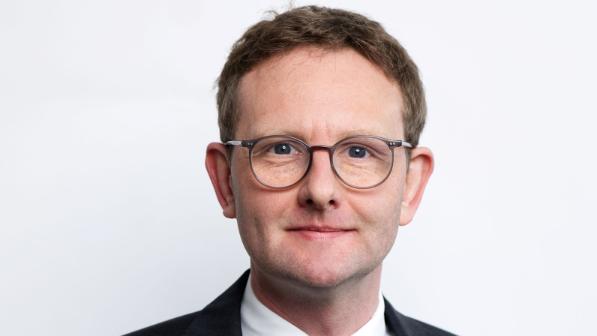
Prof. Dr. Maximilian Müller
Max is a Professor at the University of Cologne and co-founder of the Sustainability Reporting Navigator, a platform dedicated to analyzing the adoption of sustainability reporting standards. He is also an Affiliated Faculty Member of the ESMT Institute for Sustainable Transformation and a Principal Investigator in the DFG-funded Collaborative Research Centre Accounting for Transparency. Max has collaborated extensively with industry and policy stakeholders, including leading studies on ESG reporting readiness, serving as an advisor to organizations in ESG and quantitative asset management, and contributing as a member of the Working Group on Corporate Reporting at the Schmalenbach-Gesellschaft für Betriebswirtschaft e.V.

Angela Crawford
Angela is the Founder and Managing Member of the boutique law firm Crawford & Associates pllc, which specializes in corporate ethics, compliance, and investigations. She is an experienced legal and compliance professional with over 25 years of experience advising clients in various industries, including life sciences, consumer goods, software/technology, and manufacturing. Angela has led compliance reviews, trainings, and investigations for public and private entities in over 20 countries around the world. She is currently a Member of the American Bar Association and a Board Member of the National Association of Black Compliance & Risk Management Professionals. Previously, she was a partner at a global law firm and an Assistant United States Attorney.

Daniel Schmid
Daniel is the Chairman of the Board of econsense – Forum for Sustainable Development of German Business e.V.. Additionally, he is Sustainability Advisor for the German football club 1. FC Kaiserslautern. In his previous role, Daniel was for ten years the Chief Sustainability Officer of SAP SE with global responsibility for sustainability at SAP. He started his career as a Consultant in a CRM startup which was acquired by SAP. After holding various senior management positions within SAP Consulting across Europe, the Middle East and Africa, he became part of a board project in 2008 to develop SAP’s first strategic approach to sustainability.

Sophie Punte
Sophie is Co-founder and CEO of a new mission-driven organization called Life-Links to build resilient supply chains for sustainable development. She also holds positions as Supervisory Board Member at Smart Freight Centre, a non-profit organization that promotes efficient and zero-emission global freight, and Milence, a company devoted to making the future of road transport free of fossil fuel. As Founder and former Executive Director of the Smart Freight Centre, she played a key role in the industry-backed Global Logistics Emissions Council (GLEC) to develop a global standard for calculating freight emissions. Previously, Sophie was a Member of the World Economic Forum’s Global Future Council on Clean Air and worked as a Managing Director of Policy at We Mean Business, Executive Director at Clean Air Asia, Project Coordinator for the UN Environment Programme (UNEP) and at KPMG in the area of sustainability practices.

Prof. Jörg Rocholl, PhD
Jörg is President of ESMT Berlin and Deutsche Bank Professor in sustainable finance. He is Chair of the advisory board of the German Federal Ministry of Finance and Chair of the Steering Committee of the Global Network for Advanced Management (GNAM). Furthermore, he is a Member of the Supervisory Board at RWE AG, a Member of the Board of the Schmalenbach Society, a Member of acatech (German Academy of Science and Engineering), a research fellow at the Centre for Economic Policy Research (CEPR) and a research member of the European Corporate Governance Institute (ECGI). Jörg’s research interests are in sustainable finance, corporate finance, corporate governance, financial intermediation, and central banking.
